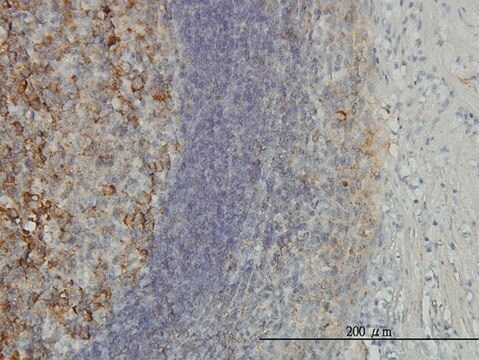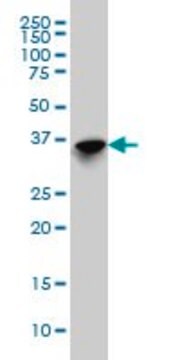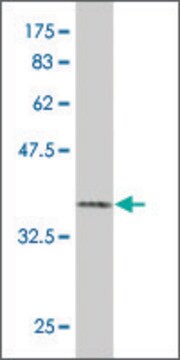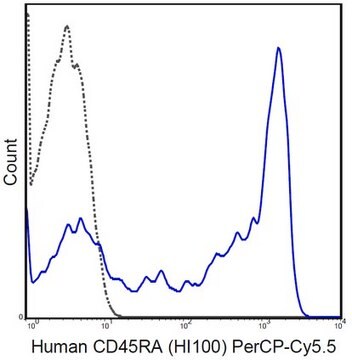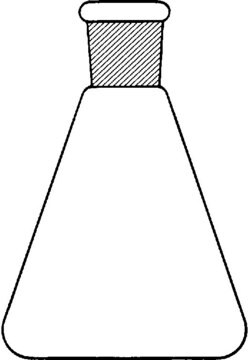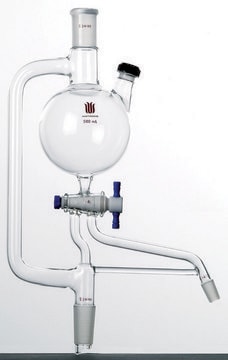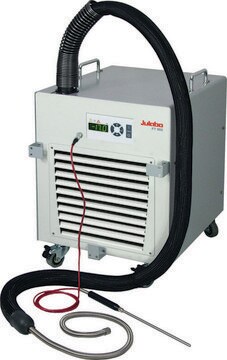WH0005701M1
Monoclonal Anti-PSMC2 antibody produced in mouse
clone 4C10-2C8, purified immunoglobulin, buffered aqueous solution
Sinónimos:
Anti-MGC3004, Anti-MSS1, Anti-S7, Anti-proteasome (prosome, macropain) 26S subunit, ATPase, 2
About This Item
Productos recomendados
origen biológico
mouse
Nivel de calidad
conjugado
unconjugated
forma del anticuerpo
purified immunoglobulin
tipo de anticuerpo
primary antibodies
clon
4C10-2C8, monoclonal
Formulario
buffered aqueous solution
reactividad de especies
human
técnicas
indirect ELISA: suitable
indirect immunofluorescence: suitable
western blot: 1-5 μg/mL
isotipo
IgG1κ
Nº de acceso GenBank
Nº de acceso UniProt
Condiciones de envío
dry ice
temp. de almacenamiento
−20°C
modificación del objetivo postraduccional
unmodified
Información sobre el gen
human ... PSMC2(5701)
Descripción general
Inmunógeno
Sequence
MPDYLGADQRKTKEDEKDDKPIRALDEGDIALLKTYGQSTYSRQIKQVEDDIQQLLKKINELTGIKESDTGLAPPALWDLAADKQTLQSEQPLQVARCTKIINADSEDPKYIINVKQFAKFVVDLSDQVAPTDIEEGMRVGVDRNKYQIHIPLPPKIDPTVTMMQVEEKPDVTYSDVGGCKEQIEKLREVVETPLLHPERFVNLGIEPPKGVLLFGPPGTGKTLCARAVANRTDACFIRVIGSELVQKYVGEGARMVRELFEMARTKKACLIFFDEIDAIGGARFDDGAGGDNEVQRTMLELINQLDGFDPRGNIKVLMATNRPDTLDPALMRPGRLDRKIEFSLPDLEGRTHIFKIHARSMSVERDIRFELLARLCPNSTGAEIRSVCTEAGMFAIRARRKIATEKDFLEAVNKVIKSYAKFSATPRYMTYN
Forma física
Información legal
¿No encuentra el producto adecuado?
Pruebe nuestro Herramienta de selección de productos.
Código de clase de almacenamiento
10 - Combustible liquids
Punto de inflamabilidad (°F)
Not applicable
Punto de inflamabilidad (°C)
Not applicable
Equipo de protección personal
Eyeshields, Gloves, multi-purpose combination respirator cartridge (US)
Elija entre una de las versiones más recientes:
Certificados de análisis (COA)
¿No ve la versión correcta?
Si necesita una versión concreta, puede buscar un certificado específico por el número de lote.
¿Ya tiene este producto?
Encuentre la documentación para los productos que ha comprado recientemente en la Biblioteca de documentos.
Nuestro equipo de científicos tiene experiencia en todas las áreas de investigación: Ciencias de la vida, Ciencia de los materiales, Síntesis química, Cromatografía, Analítica y muchas otras.
Póngase en contacto con el Servicio técnico